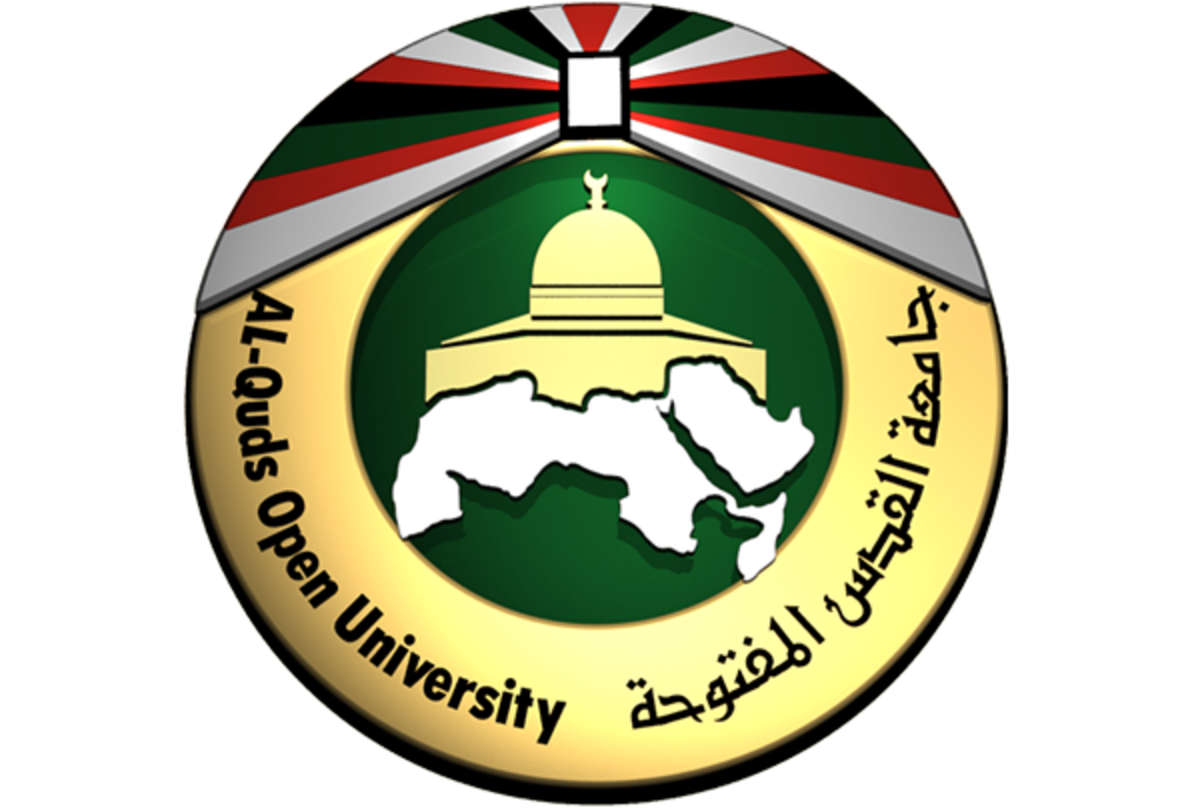Journal of Al-Quds Open University for Educational & Psychological Research & Studies

Abstract
The current study aimed to identify the level of teachers of gifted studentspractice for the multiple intelligences in the classroom as well as identifyingdifferences in class practices associated with this theory among the teachersof gifted students according to the variables of sex of the teacher and the fieldof specialization, and scientific qualifications.The study sample consisted of (54) teachers from these schools: KingAbdullah II Award for Excellence in the governorates of Balqa, Zarqa andIrbid. For the purposes of achieving the objectives of the study, the researchersdeveloped an estimating tool to measure the level of the practice of teachersof gifted students for multiple intelligences in the classroom. It consisted of(56) , items. The validity and reliability of the tool was examined and it wasfound that they have acceptable degrees. The findings suggest that multipleintelligences practice on the members of the study sample in descendingorder starting with those with the most practice and the end of the leastpractice are: intelligent logical- mathematical, and came in first, followedby IQ sense- kinesthetic, and spatial, musical intelligence and linguisticintelligence, followed by Intelligence profile, while the social intelligence inthe latter arrangement. The results showed superiority of females in afterintelligence language, and male superiority in the offline spatial, social. Asfor the terms of the differences according to teachers’ specialization (human,scientific) there were no significant differences.As for the differences according to the educational qualification variable(musical intelligence and social intelligence) for teachers with post graduatedegrees, the study concluded with a number of recommendations
Recommended Citation
Al Joualdeh, Fouad Eid
(2013)
"Gifted Students Teachers’ application of the Multiple Intelligences in the Classroom,"
Journal of Al-Quds Open University for Educational & Psychological Research & Studies: Vol. 1:
No.
1, Article 10.
Available at:
https://digitalcommons.aaru.edu.jo/jaqou_edpsych/vol1/iss1/10

